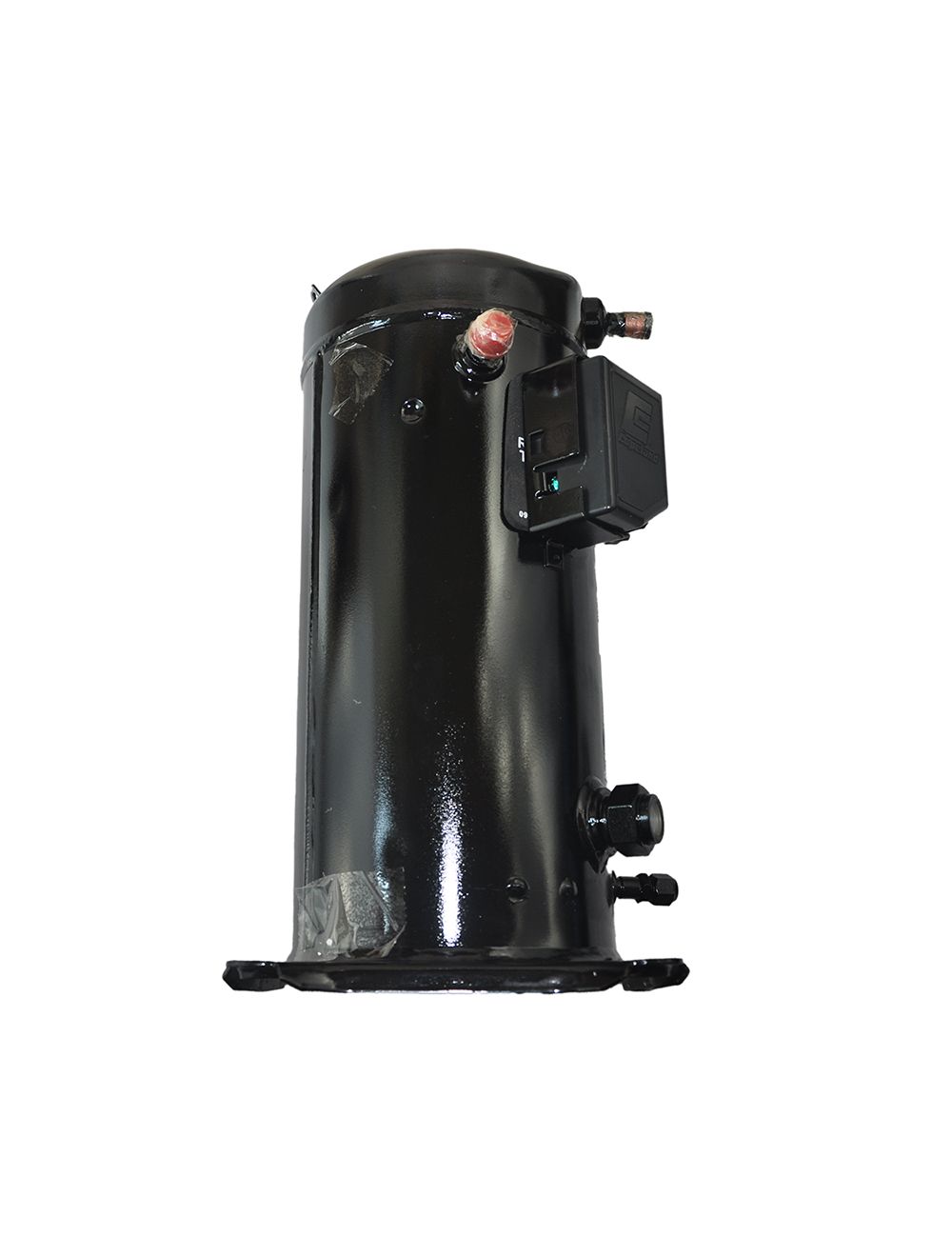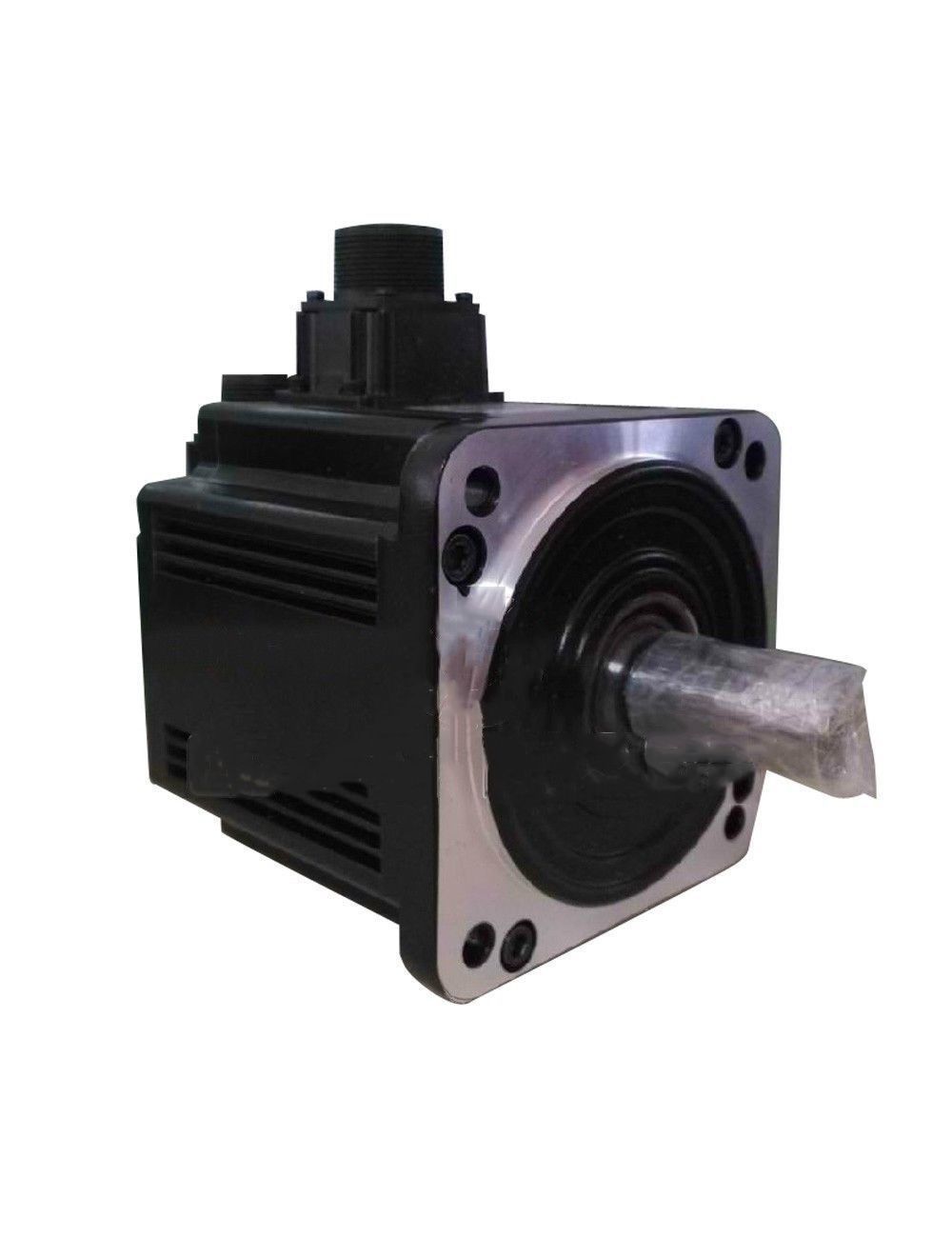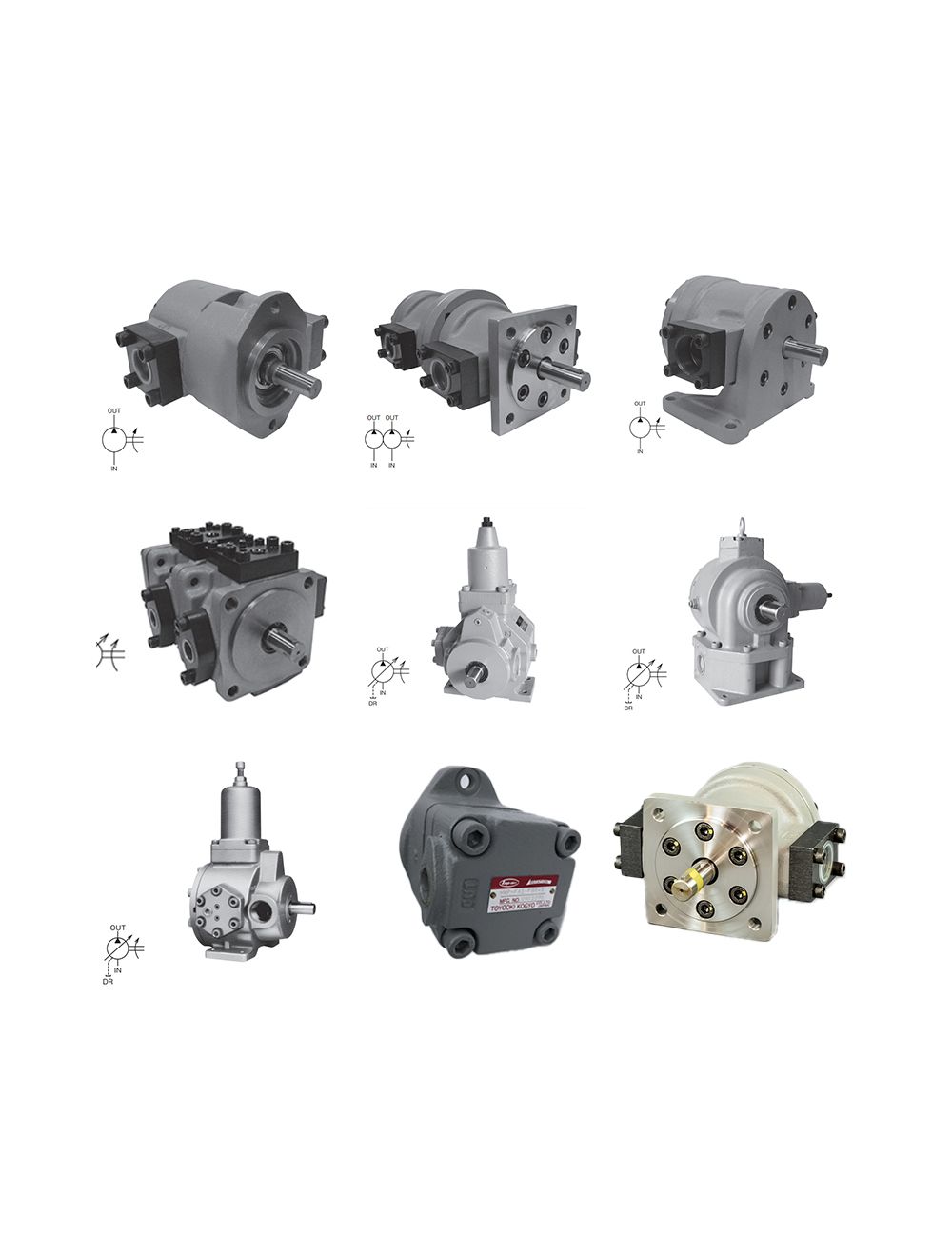Reasons for rust or corrosion of gas tank
The gas storage tank is a part of the post-processing equipment of the air compressor, which mainly plays the role of gas storage, buffering, pressure reduction, and drainage. It will inevitably cause corrosion in the air, rain or humid atmosphere after long-term use or use for many years. These corrosions are caused by the action of water, oxygen, acidic pollutants and other substances in the atmosphere. The main material of gas storage tanks is steel. Steel rusts under natural atmospheric conditions, which is one of the most common atmospheric corrosion phenomena.
Reasons for rust or corrosion of gas tank
Three types of atmospheric corrosion:
A. Dry atmospheric corrosion. At this time, there is basically no water vapor in the atmosphere, ordinary metals form an invisible oxide film at room temperature, and the surface of steel maintains luster.
B. Corrosion in humid atmosphere. It refers to the corrosion of metal under the invisible film layer. At this time, there is water vapor in the atmosphere. When the water vapor concentration reaches the critical humidity (the critical humidity of iron is 65%, and the critical humidity of copper is close to 100%), there is a thin water film on the metal surface, and uniform corrosion will occur. If there are pollutants CO2, H2S, SO2, etc. in the atmosphere, the corrosion will accelerate significantly. Steel corrosion under atmospheric conditions is actually electrochemical corrosion under water film conditions.
C. Visible corrosion of gas storage tanks under liquid film conditions. Refers to the relative humidity in the air at about 100% or corrosion caused by rain and other aqueous solutions. At this time, moisture forms droplets on the metal surface, and there is a water film visible to the naked eye.
Factors affecting atmospheric corrosion:
1. The influence of water. Among the substances corrosive to steel in the atmospheric environment, water is the main factor (generally speaking, the higher the humidity, the stronger the corrosiveness). The corrosion principle is as follows: water is an electrolyte, and it can also dissolve a large number of ions. Causes metal corrosion; water can be dissociated into H and OH, and the difference in pH has a significant effect on the dissolution and corrosion of metals and oxides.
2. The influence of sulfur dioxide. In areas polluted by industrial waste gas, sulfur dioxide has the most serious impact on steel corrosion. Exhaust gas fueled by petroleum, natural gas, and coal contains a large amount of sulfur dioxide, and the corrosion rate of gas storage tanks increases with the increase of the sulfur dioxide content in the atmosphere.
3. The influence of ocean atmosphere. In the atmosphere near the ocean, there is a certain amount of salt, and its main component is NaCl, Cl-which is highly corrosive, so it can intensify corrosion. The farther away from the ocean, the less salt in the atmosphere, and the smaller the amount of corrosion.
4. Other influences. In the atmospheric environment of oil production, there may be a lot of harmful substances such as Cl2, NH3, H2S solid dust particles, and their corrosion of gas storage tanks increases with the increase in content. The synergistic effect of several substances will lead to steel corrosion. Intensified.
Reasons for rust or corrosion of gas tank
Recent related posts
09/07/2020
Reasons for rust or corrosion of gas tank
The gas storage tank is a part of the post-processing equipment of the air compressor, which mainly plays the role of gas storage, buffering, pressure reduction, and drainage. It will inevitably cause corrosion in the air, rain or humid atmosphere after long-term use or use for many years.
09/07/2020
Prospect and Trend Analysis of Internet + Compressor
"Internet+" is like a spring thunder bursting out of the sky, opening the floodgate of deep integration and innovative development of the Internet and traditional industries. Especially for traditional compressor companies
09/07/2020
Principle and function of temperature control valve of screw air compressor
Each component of the screw air compressor has its unique and important role, such as air filter, oil filter, safety valve, temperature control valve, one-way valve, etc. If one of them is missing, the screw air compressor will not function properly.
09/07/2020
Precautions for installation of mold core dryer
The mold core dryer adopts the latest mold core adsorption drying technology. It is an air compressor post-processing equipment. What matters should the enterprise pay attention to when installing the mold core dryer?
09/07/2020
Not as simple as you think, there are three states of mechanical lubrication
Lubrication is a frequently encountered problem in equipment maintenance, but what exactly is lubrication? Speaking of lubrication, the scene in our minds may just apply oil or grease to the mechanical friction surface to reduce friction.
09/07/2020
Lubricant-Protector of Industrial Equipment
Reducing friction is one of the main purposes of lubricating oil. In addition, lubricating oil has other functions. For example, the lubricating oil film can prevent rust; prevent metal from being corroded; the lubricating oil can also play a cleaning role.
09/07/2020
It explodes if it doesn't agree with each other If you know more about air compressors, you will have one more amulet
There have been several explosion accidents of air compressors in enterprises recently, causing great losses to enterprises. okmarts.com kindly reminds you: earnestly guarantee the safe operation of air compressors, and have a safe year.
09/07/2020
Is the air compressor oil-free or oil-free
The air compressor is oil-free or oily! ? Good or bad depends on the use occasion and actual working conditions. In some occasions, such as food, medicine, precision instruments and other industries, it is necessary to use an oil-free air compressor. However, oil-free air compressors are much more expensive and more expensive to maintain.
09/07/2020
Inverters can be used in 32 fields. How many do you know
1. Air conditioning load Office buildings, shopping malls, some supermarkets, and factories all have central air conditioners. During the peak of electricity consumption in summer, air conditioners consume a lot of electricity. In hot weather,
09/07/2020
Inverter 35 Q
1. What is an inverter? Inverter is an electric energy control device that uses the on-off action of power semiconductor devices to transform industrial frequency power into another frequency.
Customers frequently viewed
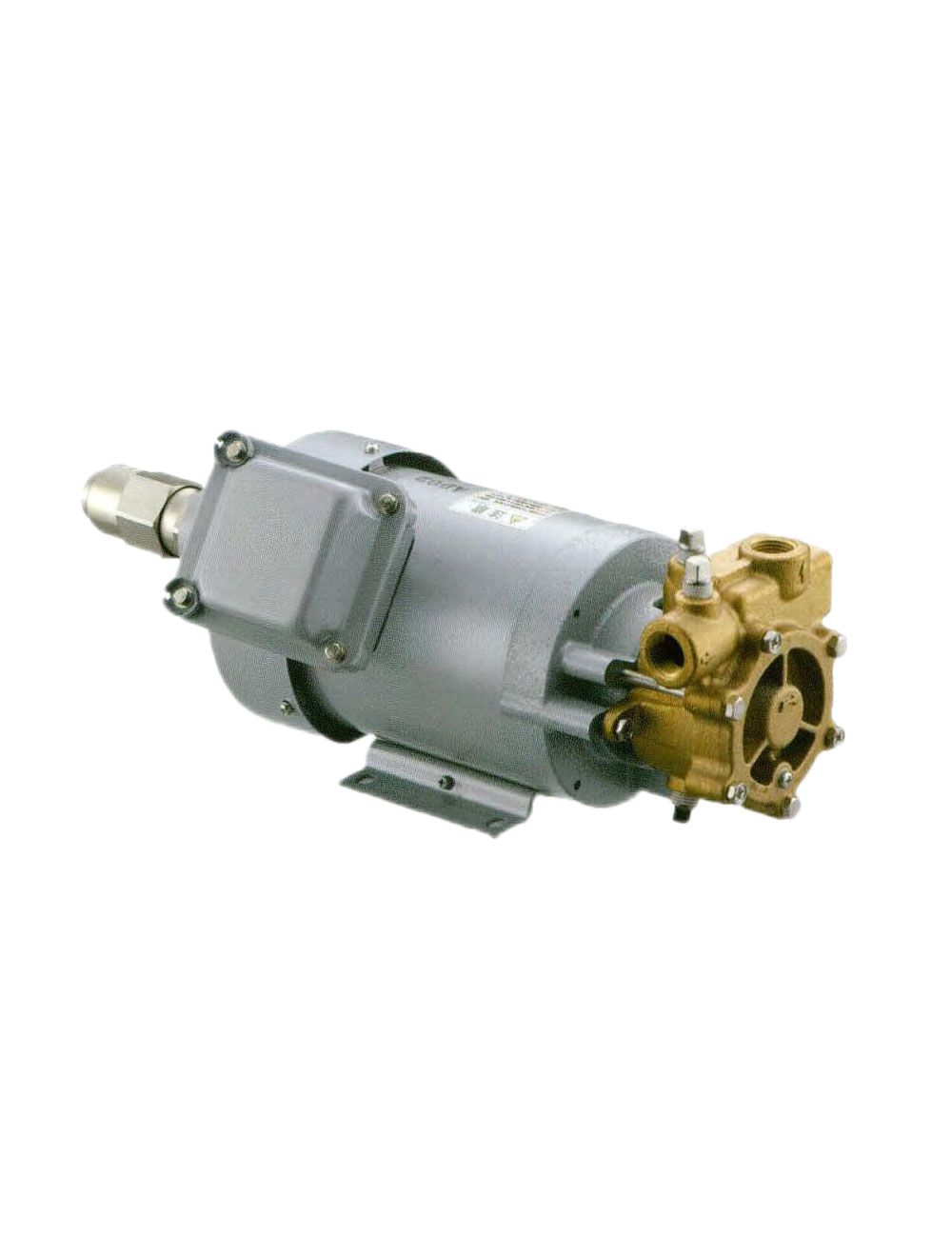
IWAYA DENKI Water Pump 25CJT0752
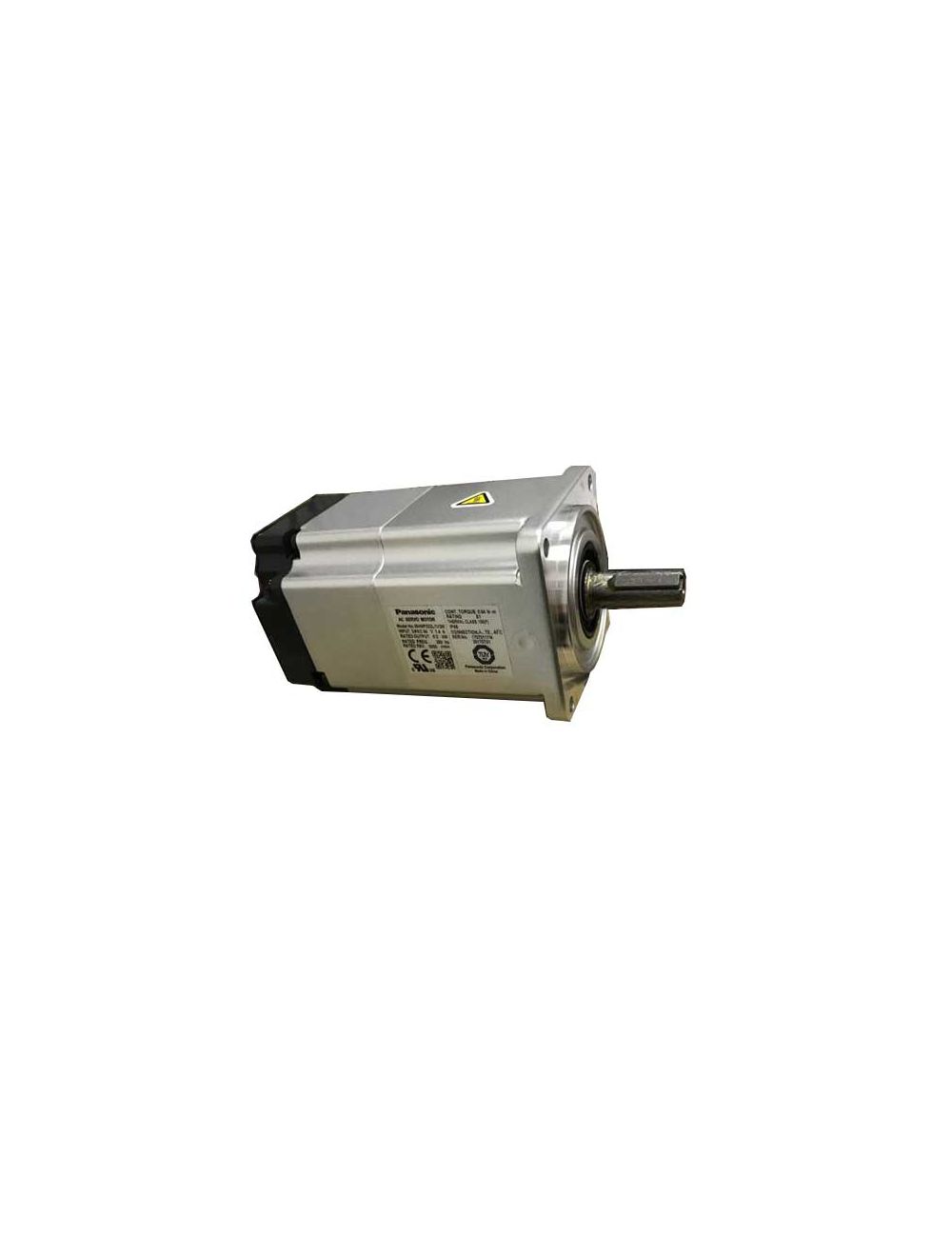
Panasonic Servo Motor MHMF022L1V2M
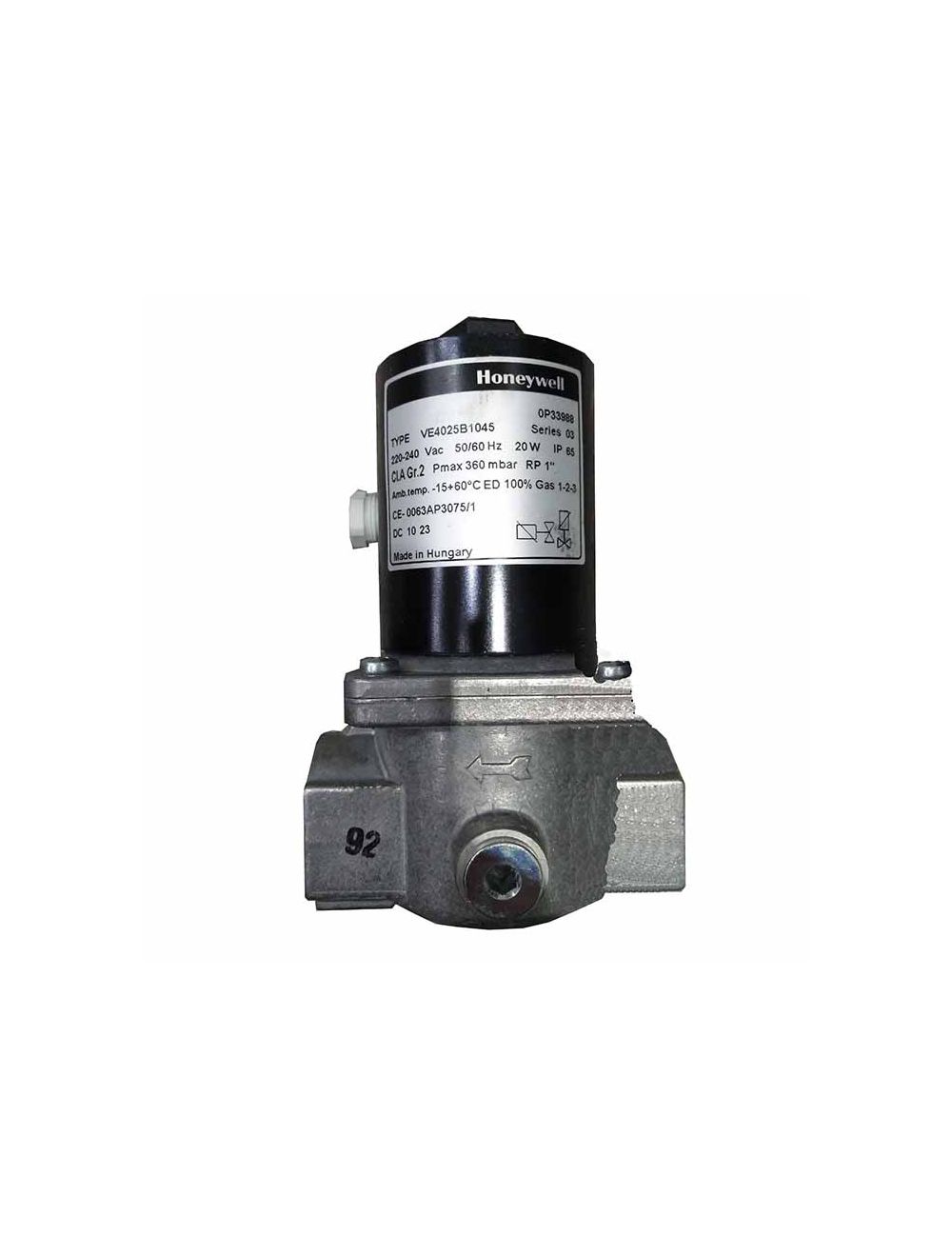
Honeywell Solenoid Valve VE4025B1045
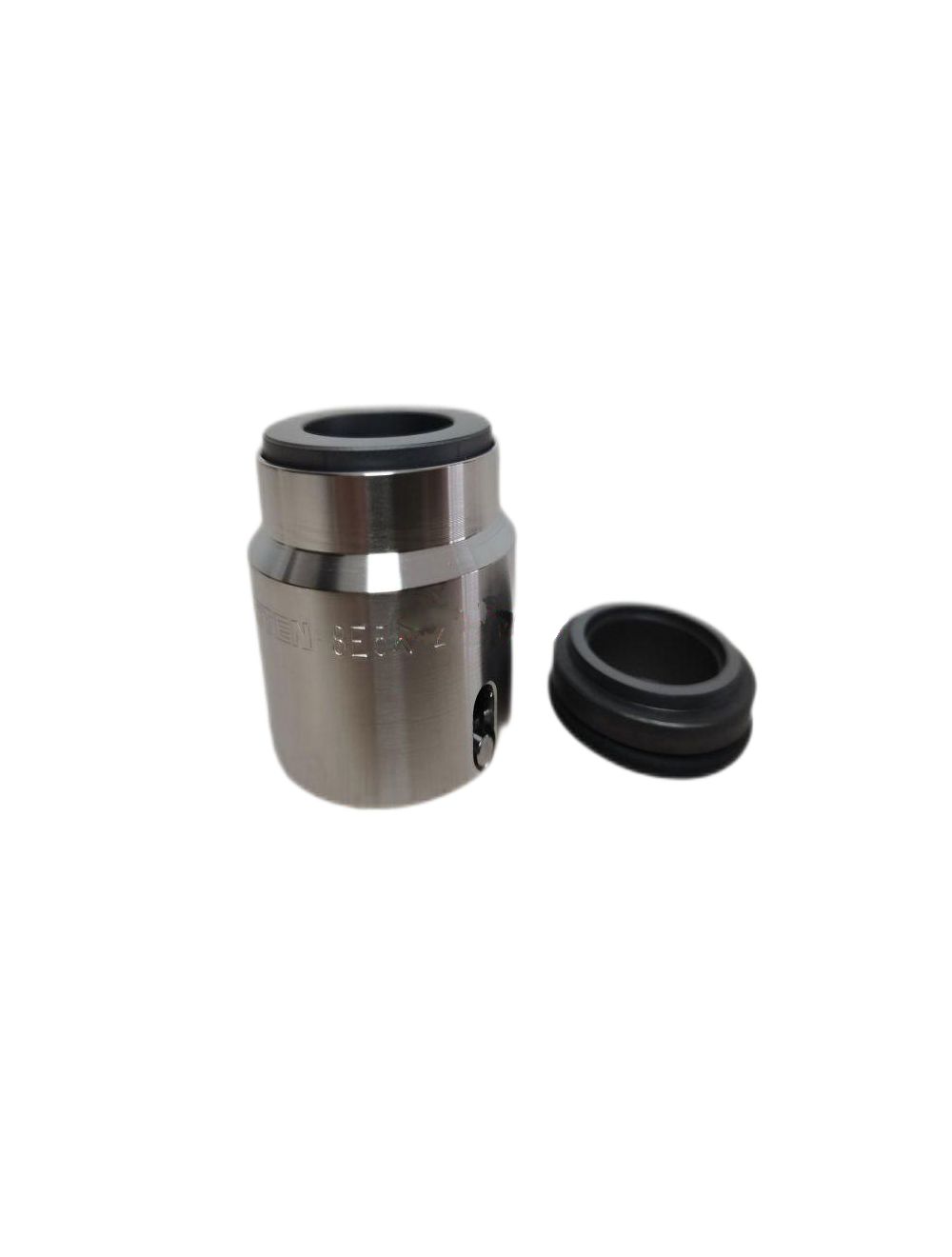
ROTEN Mechanical Seal 8E5K-22-X
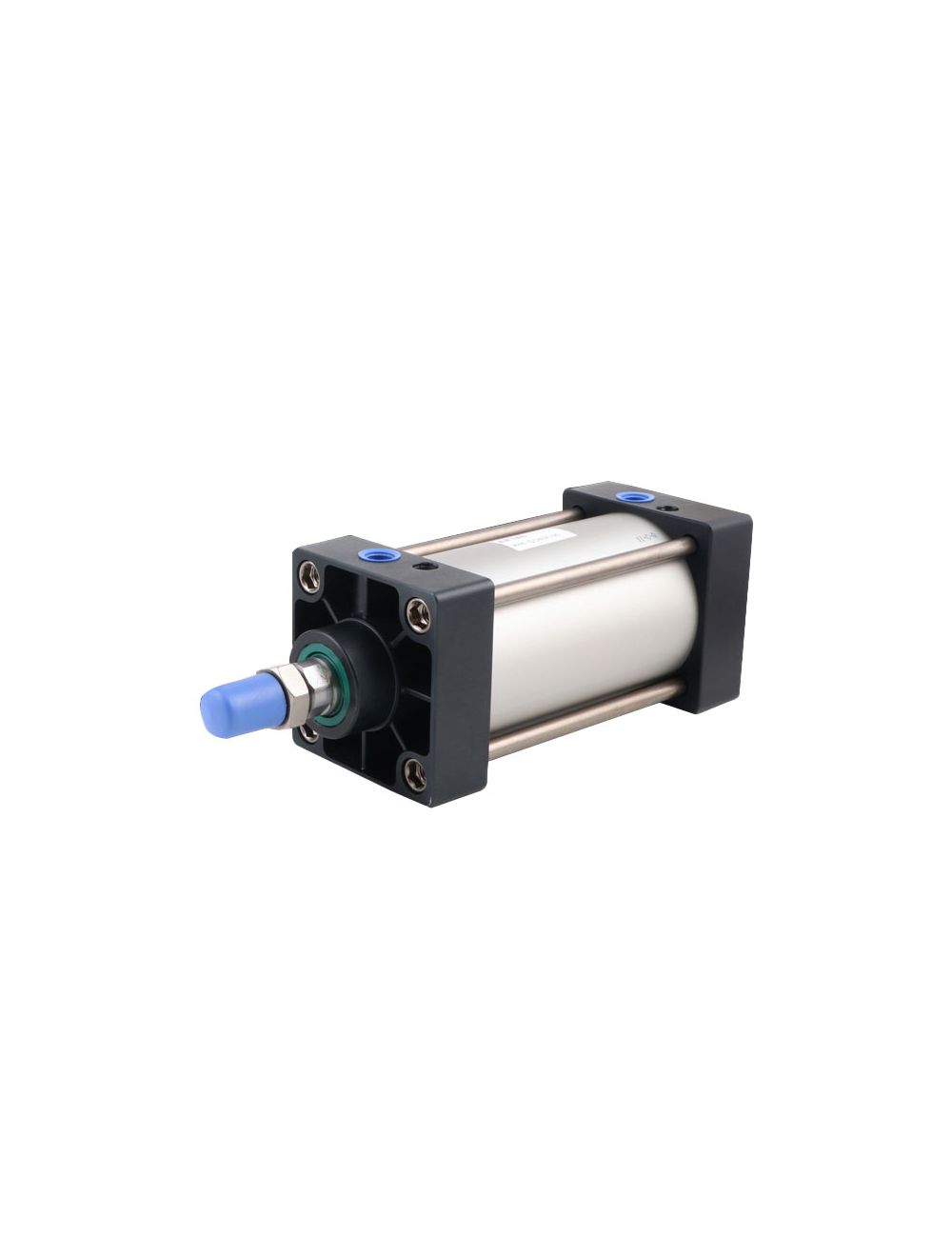
AirTAC Air Cylinder SC50X1500
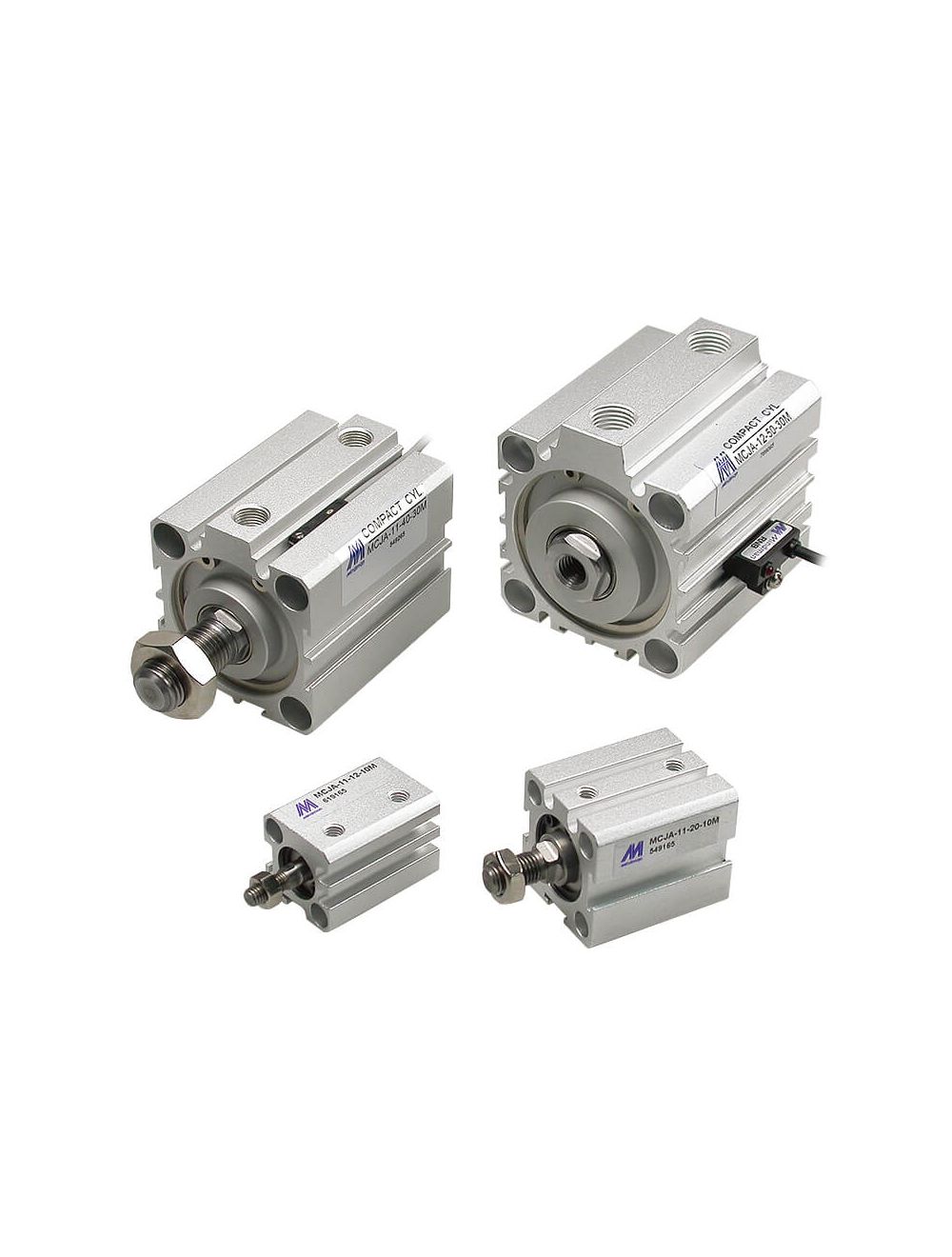
MINDMAN Air Cylinder MCJA-11-12-35

Mean Well Power Supply NEL-400-5

Nais Relay AQ2A2-C1-T24VDC

BANDO Belt RIB ACE 6PK 2345

